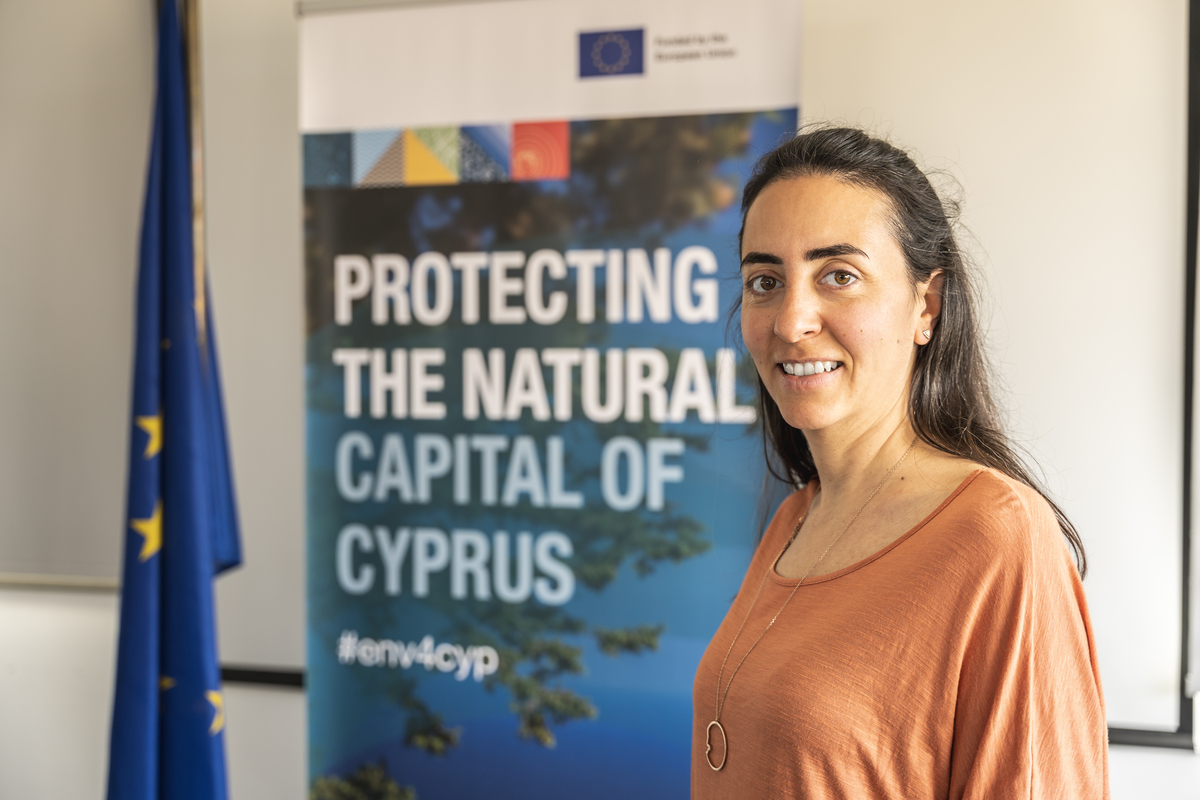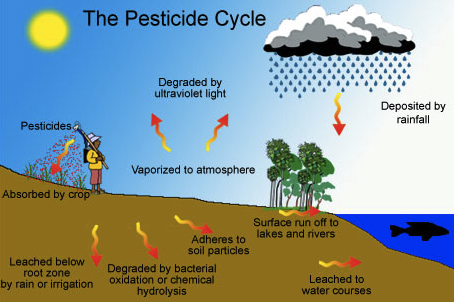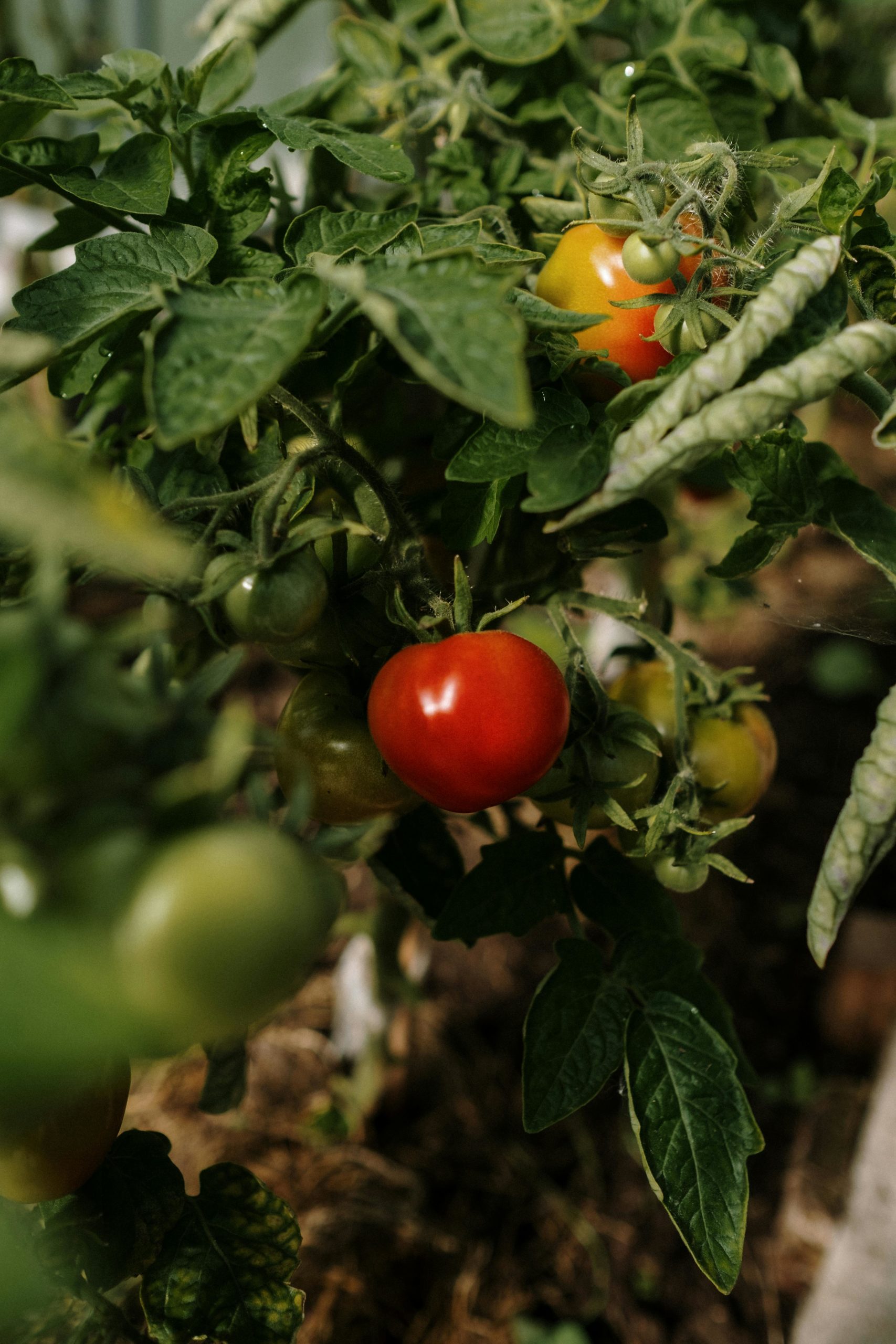5 June 2024, by Dr. İme Akanyeti | Environmental Engineer
What are the pesticides-use related problems around the world?
As the world population increases, it is inevitable for agricultural and animal production to increase to meet nutritional needs. In an effort to meet this need, the use of chemical pesticides is unfortunately popular all over the world to increase efficiency in food production
The theme of this year’s June 5 World Environment Day, spearheaded by the United Nations, is land restoration, desertification and drought resilience. This year’s theme is of great importance within the scope of ecosystem protection and restoration, which is one of the vital issues to achieve sustainable development goals.
What is our situation in Cyprus regarding the use of agricultural pesticides?
According to data published in 2017, Cyprus was determined to be the country that uses the second most pesticides per hectare among the European Union countries. Again, according to the data of the same year, the country with the highest rate of exceeding the pesticide residue limit in agricultural products was Cyprus. Although there has been a decrease in these data in recent years, it is clear that high amounts of pesticides were used in Cyprus in the past years and are still being used.
The ever-increasing use of chemical pesticides causes many environmental problems such as water, soil and air pollution, as well as a decrease in biodiversity. Systematic data collection and analysis are needed to detect the existence of these environmental problems. In particular, areas with high pollution potential must be identified and environmental samples must be collected and analyzed. However, such a determination can be made if sufficient number and quality of data are collected. When we look at our island, studies on environmental pesticide pollution are very limited. In a study conducted in the Greek Cypriot community in Cyprus, only fourteen active substances were screened in sea waters and could not be found, while in a study conducted in underground waters in the Turkish Cypriot community, twelve active substances were found. Considering that hundreds of different pesticides containing different active substances are used on our island, it is obvious that a complex, comprehensive and detailed study is needed to detect them in water, soil and air.
A study investigating pesticide pollution in water and marine creatures at different points, where surface and groundwater reach the sea in Cyprus, is currently being carried out with a European Union grant. This study will be the first study on environmental pesticide pollution covering the entire island. In the study titled “Effects of Terrestrial Pesticide Use on the Cyprus Marine Environment” carried out by Enalia Physis Environmental Research Center and two Turkish Cypriot scientific researchers, namely myself Dr. Ime Akanyeti and Dr. Beste Oymen, analyses have been completed and a technical report is being prepared. For more information about the project, you may visit https://enaliaphysis.org.cy/2023/05/23/3503/. While the data obtained as a result of the study is expected to shed light on the fate of chemicals used in agriculture in the environment, it is also thought that it will contribute to legal text regarding chemical pesticide use and control.

So, are we aware of the effects of environmental pollution caused by pesticides on our health?
Scientific studies have shown that many chronic diseases may occur if people are exposed to sufficient doses of chemicals used in agriculture. These diseases include cancer, heart and respiratory diseases, as well as nervous system problems.

Unfortunately, there are very few people or communities in our society who take this seriously and question the possible effects of pesticides on our environment and health. For example, do we question whether the fruits we buy have been analyzed, what the residual pesticide amounts are, whether there are any residues in the water we drink, whether there is any contamination in the fresh or saltwater products we eat? As farmers or community members, who grow vegetables and fruits in their gardens, how aware are we of the effects of the type and the amount of pesticides on the environment and human health? This is due to the lack of questioning, and the institutions, organizations and authorities, that need to take steps regarding the issue, do not take the necessary steps or do not show any intention to do so.

What can we do about this?
First of all, it is of great importance to determine the types and quantities of all agricultural pesticides used on small and large scales on our island. The possible pollution caused by secondary pesticides in our environment must be determined by taking into account all environmental conditions and environments. Finally, in the light of all these collected scientific data, all relevant stakeholders such as producers, consumers, health and environment-related institutions and organizations need to come together and work together to prepare, enter into force, implement and most importantly, supervise innovative legal texts regulating this. I hope that this issue will be taken seriously and necessary steps will be taken as soon as possible before it is too late and our environment and human health suffer from irreversible damage.
At the same time, we, the people of the island, also have great responsibilities. First of all, let’s remember and realize that our environment belongs to us. Let’s not forget that social action is required for sustainable environmental management. In order to do all this, let’s increase our environmental literacy and awareness of our rights to access environmental information.
We can do it, if we care.


